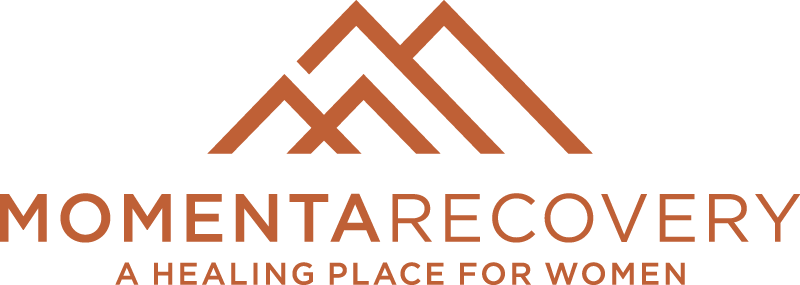Mental Health Awareness Month: Why Mental Health Matters
By Courtney Dunn, MSW, LSW
May 2025
I’ve worked with a wide range of people — teenagers, parents, and professionals, and a common thread runs through many of our first conversations:
"I don’t know if what I’m feeling is serious enough to talk about."
It’s a fair question. We live in a culture that often treats emotional pain as something we should just push through. But here’s the truth: if something is interfering with your ability to function, connect with others, or feel like yourself, then it’s worth paying attention to.
Mental health isn’t just important. It’s foundational.
What Is Mental Health?
Mental health refers to how we think, feel, and respond to stress, relationships, and life overall. It includes your emotional wellbeing, ability to cope, and the way you experience the world.
Just like physical health, it isn’t static. It changes with time, life events, and how much support we have. We all have it. And at some point or another, we all struggle with it.
Stigma
Even today, there’s still an unspoken rule in many places that says, “You can talk about being physically sick, but don’t talk about being mentally unwell.”
That stigma creates shame and shame keeps people quiet. It delays getting help. It leads people to believe they must “be stronger” or “figure it out” alone.
I’ve had many people tell me in therapy: “I should’ve come in years ago.” And my honest response? Most people should have.
What Can Employers Do?
A lot of people spend more time at work than anywhere else, so naturally, it plays a big role in mental health.
Employers can make a huge difference for better or worse. The companies that take employee mental health seriously tend to have lower turnover and healthier work cultures. Some key ways employers can help:
Normalizes rest and boundaries
Encourages open conversations
Offers flexible schedules when possible
Provides access to mental health benefits and EAP programs
Train managers to spot burnout or distress with compassion
You don’t need ping-pong tables or catered lunches to support mental health. You need basic respect, empathy, and access to care.
Lifestyle Isn’t Everything, But It Matters
Therapy is helpful. Medications can be helpful. But what people do outside of therapy in their everyday lives also impacts their mental state.
Sleep – Are you rested, or running on fumes?
Nutrition – Are you fueling your body or numbing stress?
Movement – Are you giving your body time to stretch, breathe, and move?
Connection – Are you spending time with people who feel safe?
Purpose – Are you doing something, anything, that gives you meaning?
Lifestyle is often the first thing to slip when someone’s struggling, and it’s usually one of the first things we work on in therapy to create some stability.
Common Struggles I See Today
Some of the most common issues people bring into therapy today include:
Anxiety – Racing thoughts, constant worry, physical symptoms like tension or restlessness
Depression – Low motivation, withdrawal, irritability, exhaustion
Burnout – Emotional fatigue from work or caregiving that doesn’t go away with rest
Loneliness – Even people with social lives often feel deeply disconnected
Grief – Not just after a loss, but after change, trauma, or life transitions
Past Trauma – Old wounds that are still influencing daily life, relationships, and self-image
These are not rare issues. They’re very human ones.
Mental Health Resources
If you’re wondering where to go for support, here are some places to start:
Therapists and Counselors – In-person or online, individual or group
Hotlines – Free and available 24/7, including the 988 Suicide & Crisis Lifeline in the U.S.
EAPs – Short-term therapy through your employer
Community Health Centers – Often offer sliding-scale fees
Peer Support Groups – For everything from grief to addiction to anxiety
Apps – There are a growing number of mental health tools that are affordable and accessible
You don’t have to start big. You just have to start somewhere.
Mental health is not about being “happy” all the time or having everything figured out. It’s about having the tools, support, and space to navigate life in a way that feels manageable and maybe even meaningful.
There’s no shame in struggling. There’s no weakness in needing help.
The goal isn’t to never feel anxious or sad again. It’s to understand yourself better, to cope more effectively, and to feel more connected to yourself and to others.

